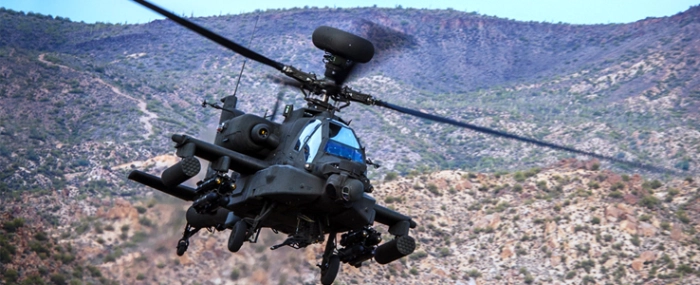
Global chip market for military, aerospace to grow by $3B
North America is set to contribute 40% to growth of the market from 2024 to 2028. US chip companies are at the forefront of identifying, manufacturing and commercializing advanced tech.
The global semiconductor market in the military and aerospace industry size is estimated to grow by USD 3.02 billion from 2024 to 2028, according to global technology research and advisory company Technavio. The market is estimated to grow at a CAGR of 5.56% during the forecast period.
North America is set to contribute 40% to the growth of the global market. US semiconductor companies are at the forefront of identifying, manufacturing and commercializing advanced technologies, such as 16 nm/14 nm Fin Field-Effect Transistors and FD-SOI, the Technavio report says.
These innovations will generate significant demand for semiconductor components from industries like military and aerospace.
The introduction of advanced technologies, such as programmable read-only memory (PROM) and dynamic random-access memory (DRAM), has expanded the memory options. The military and aerospace industries are witnessing significant technological advancements, with global semiconductor manufacturers launching new processors for high-reliability applications.
The integration of technology in military weapons, such as Intelligun’s fingerprint-locking system, and the growing use of the Internet of Things (IoT) in the aviation and military sectors will propel the demand for memory chips in the industry.
The semiconductor market in the military and aerospace industry is driven by the demand for advanced electronic systems in defense modernization and space exploration. Microchips and integrated circuits (ICs) made from pure elements like silicon and germanium and compounds such as gallium arsenide are essential for creating N-type and P-type semiconductors. The government sector is a significant consumer, with military expenditure fueling the demand for semiconductors in various applications, the report says.
The military and aerospace industry’s semiconductor market caters to various sectors, including communications, electronic devices, border security, terrorism prevention and UAV solutions. Semiconductors are used in defense systems, military aircraft like the Rafale fleet, and civilian aircraft such as Boeing 757s and 767s.
The semiconductor market for military and aerospace applications faces challenges such as long lead times and high acquisition costs. However, the growing need for global and information security, including protection against hacking incidents and connected devices, continues to drive demand for advanced semiconductor solutions.
